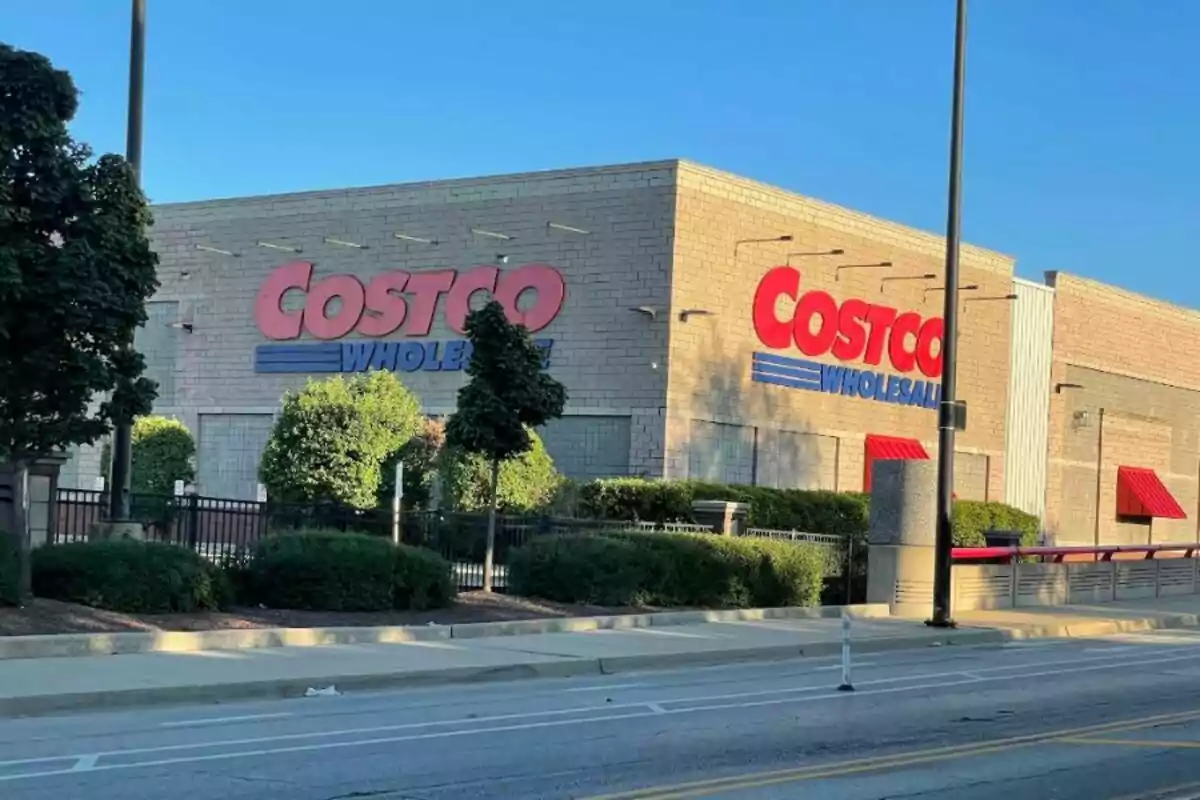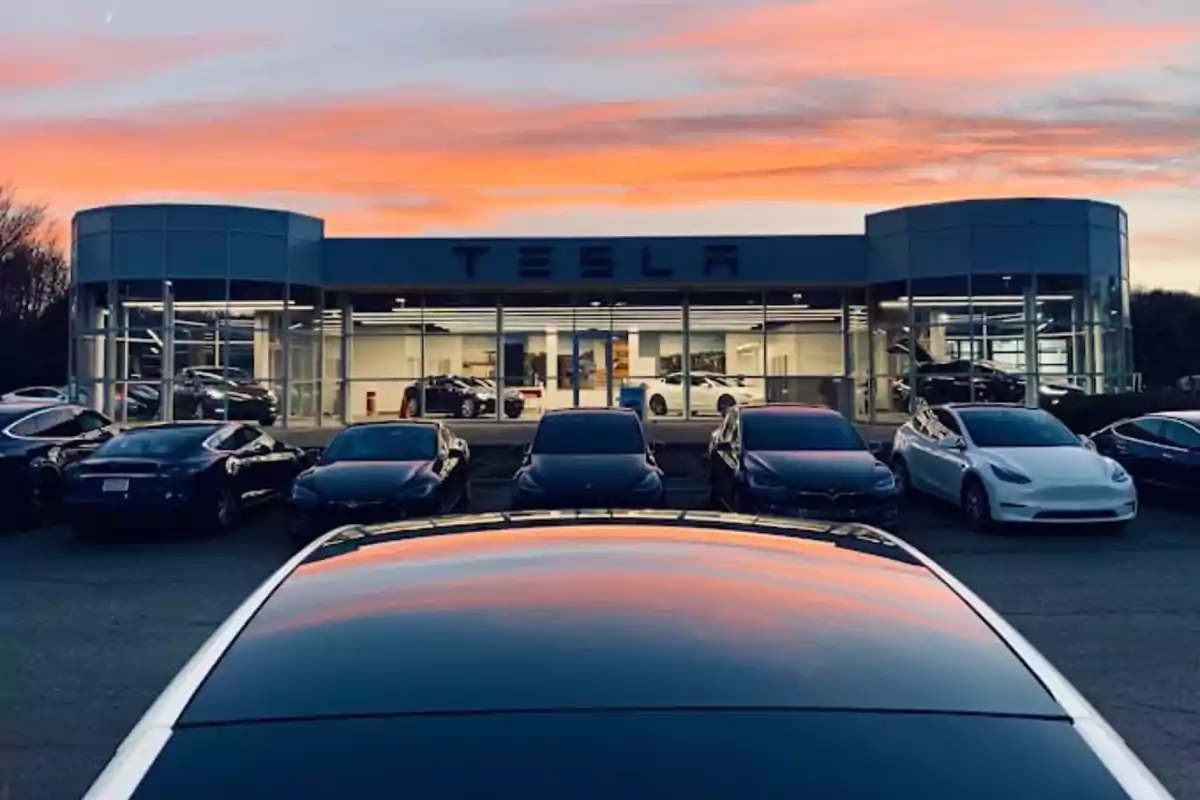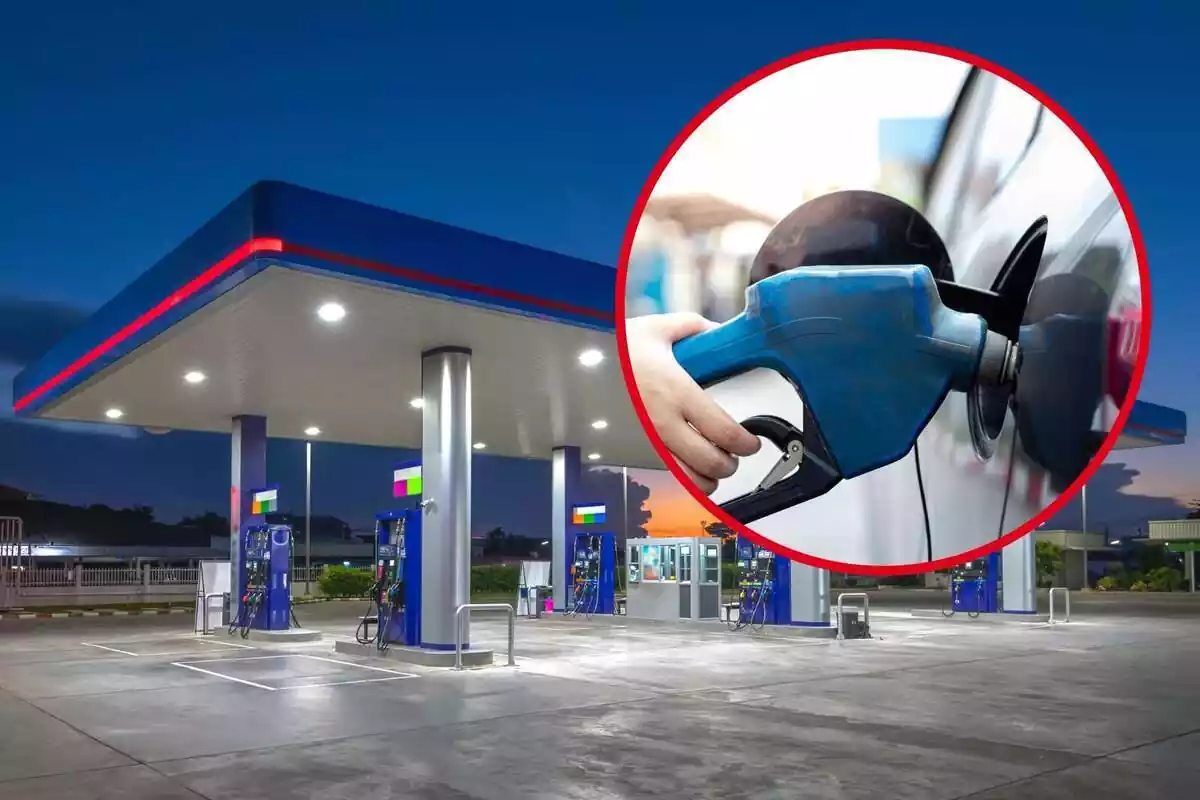In the United States, the way people fill up their tanks is changing, although not as many had desired. Electrification promises a different future, but meanwhile, some companies are betting on another path. Walmart, Costco, and Dollar General are expanding their presence in the gas station market.
This phenomenon isn't a passing trend or an improvised reaction. It's a strategy designed to build customer loyalty and adapt to an increasingly competitive market. This way, these giants are turning their parking lots into service stations for conventional vehicles, keeping gasoline as the main focus.

Gasoline as a smart business strategy
Service stations are now a natural extension of the stores. Consumers value being able to shop and refuel in one place. Walmart already has more than 450 gas stations in 34 states, with competitive prices and exclusive benefits for Walmart+ members, who save up to 10 cents per gallon.
Costco is also joining in with its members-only model, which accounts for about 12% of their sales. In addition, it extended its gas station hours until 10 p.m., making access easier for its customers. Dollar General is testing gas stations in the southern part of the country, showing interest in expanding this proposal.
This move not only responds to consumer needs, but also helps mitigate external effects. For example, tariffs on Chinese imports have affected these chains. Including gasoline as an added service helps offset the pressure on their revenues and attract more shoppers.
What about electric cars?
Although the future points to electric cars, the infrastructure for them is still under development. The shortage of chargers, limited range, and the time required to charge are slowing their mass adoption. For now, traditional fuel remains the majority option.
Experts like Joe Camberato remind us that major energy changes take decades. That's why Walmart and its competitors aren't ignoring the future, but are adapting to the present. In addition, Manish Choudhary foresees that these gas stations could become electric charging points, increasing the time and spending of customers in the store.

This hybrid model allows users to fill up their tank and their shopping cart in one place. Not only do they save time, but they also enjoy competitive prices and exclusive promotions. Gasoline sales thus become a tool to attract and retain customers.
Adapt or die, Walmart, Costco, and Dollar General show that gasoline can coexist with innovation and sustainability. While the groundwork is being laid for electrification, the present is still driven by traditional fuel. Will this be the formula for the future of retail and energy service?

